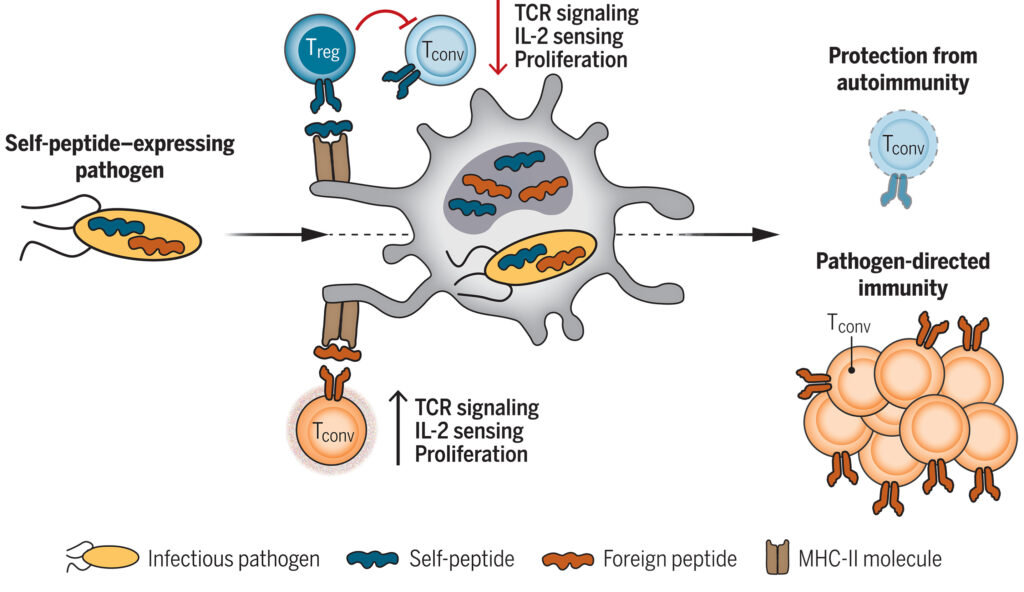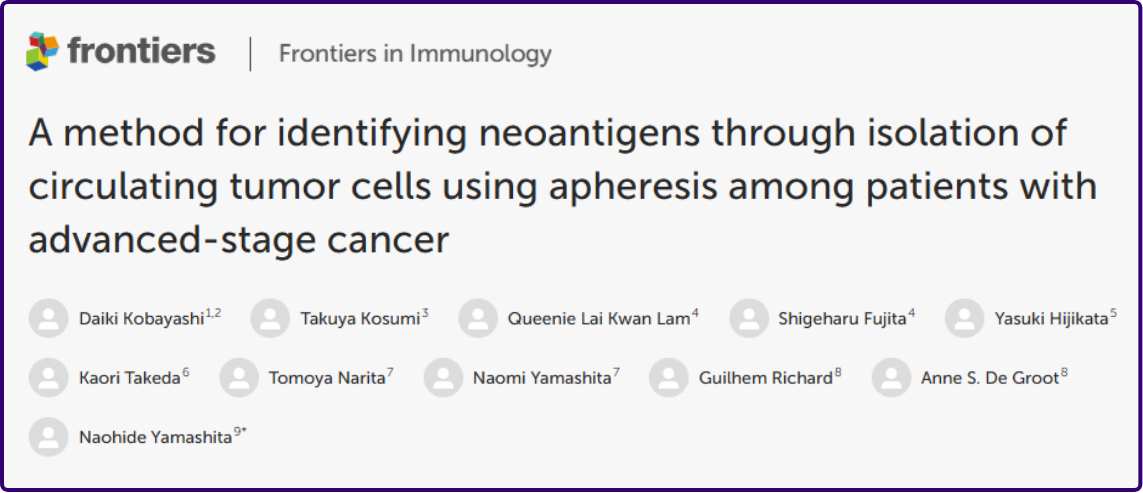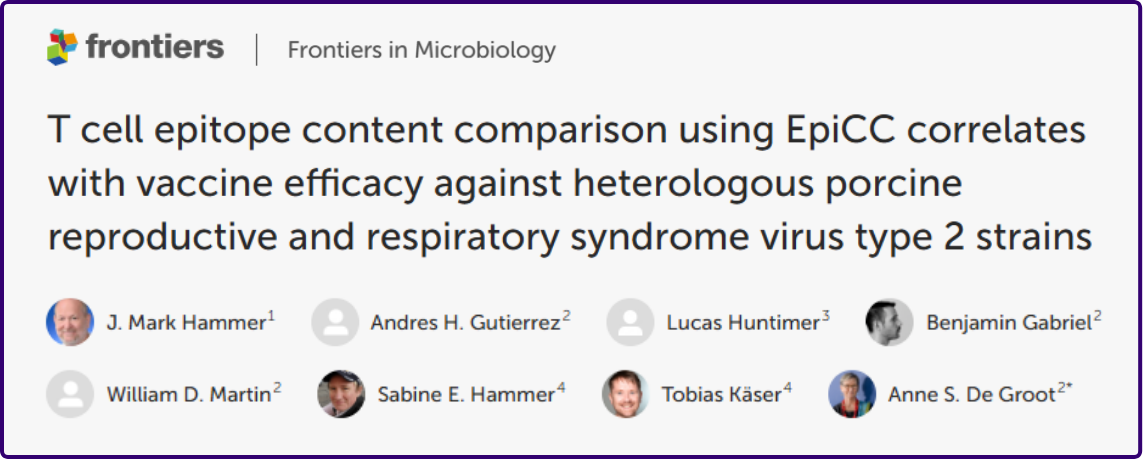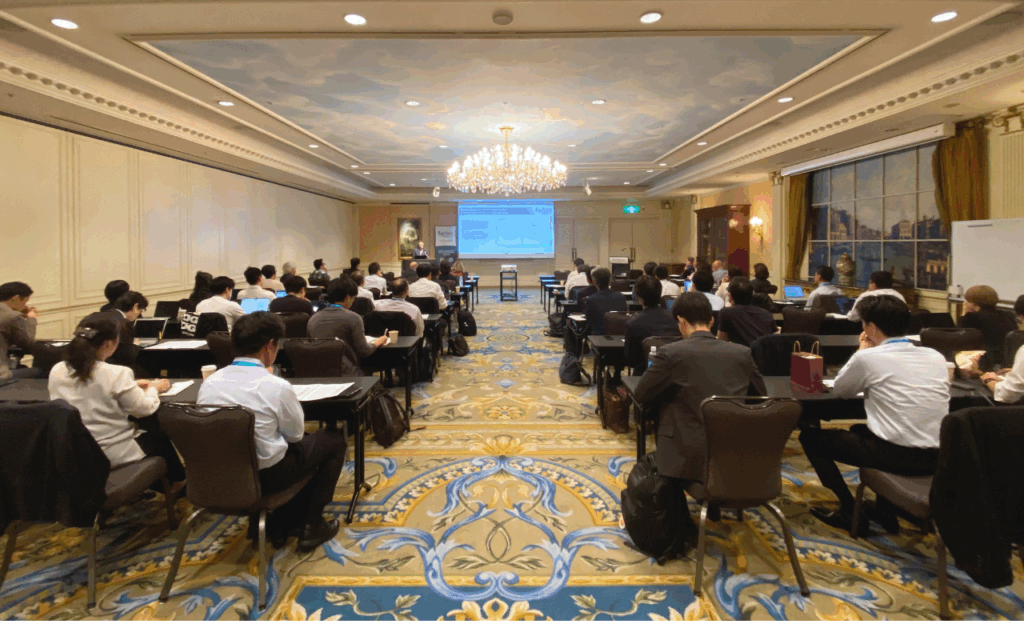Tregs, Epitopes, and the Future of Immune Tolerance
Making Sense of Natural Constraint
Contrary to popular (immunologist) belief, there’s nothing ‘non-specific’ about Tregs! Otherwise why would they carry TCR (T cell receptors) that bind to their target epitope! Actually, we already knew that Tregs were antigen-specific in 2008, when we discovered Tregitopes, but that’s not the really HOT news. What’s really hot is that the concept of antigen-specificity (for self-proteins) is gaining general acceptance. Welcome to the party! (See our latest on this topic here).
Why is it important to figure this out? Well, how else would we restrain anti-self responses that could be generated when Antigen Presenting Cells (APCs) present both foreign antigen and self-antigens at the same time? See this nice paper by Peter Savage’s group, for example (and image below).

Circulating Cells and Circulating Strains
We’re happy to report that two new pubs on the identification of T cell epitopes to develop more effective vaccines, using EpiVax tools, are out this month.
The first, in partnership with Tokyo Medical University and Novacellum (thanks, Yamashita-sensei!) explores a minimally invasive method for neoantigen discovery. Researchers isolated circulating tumor cells from patient blood using apheresis and flow, then performed exome sequencing. EpiVax’s cancer vaccine design tool Ancer was then used to identify epitopes for use in personalized vaccines. Using circulating tumor cells for neoantigen discovery opens the door to improved vaccine design and offers a new view of tumor heterogeneity. Read the paper!

The second publication describes the use of the EpiCC™ tool to evaluate PRRSV-2 vaccine efficacy. T cell epitope similarities between vaccine and field strains correlated with protective efficacy. The results support the use of T cell epitope-based comparisons (rather than genotyping alone) to assess vaccine efficacy. This work was a collaboration with Elanco and VetMUni (thanks, Mark Hammer and Toby Käser). Read the paper!

Celebrating Sakaguchi

We’re holding the 17th Westin Immunogenicity Seminar on Sept. 25, followed by something new: the Tregs as Medicine: Tolerance and InTolerance Seminar on Sept. 26.
At the Tregs as Medicine seminar, we’ll pay tribute to Dr. Shimon Sakaguchi, whose groundbreaking work on Tregs has shaped our understanding of immune tolerance. He will open the session with a plenary talk. Experts on Tregs and their role in medicine will contribute to the celebration: Dr. Kawakami from Kyoto University, Dr. Trzonkowski from PolTREG, Dr. Santambrogio from Weill Cornell, Dr. Franco from UCD, Dr. Rotzschke from A*Star, Dr. Ishii from U Tokyo, Dr. Reche from University of Madrid, and more.
Our newly appointed CSO, Dr. Vibha Jawa, will be in attendance; this will be a great chance to get to know her! AND we’ll be in Tokyo the week leading up to the seminars, let me know if you’d like to meet!
Mark your calendar and sign up to attend! 👇
Westin registration | Tregs as Medicine registration

And while we have your attention, we encourage you to Stand Up and Speak Out!
We can change the course of history!
–Annie


